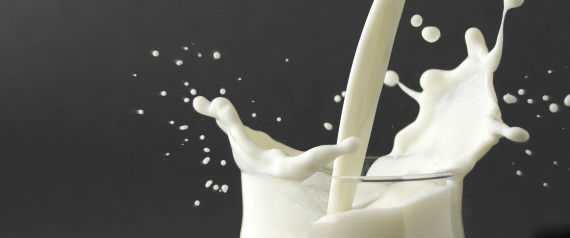A number of studies in the past few years have proved that milk and its contents, as well as the health benefits, that presumably it provides, are not entirely true.
According to the research made by Uppsala University in Sweden, it was proved that milk can actually damage the bones and it can lead to a higher percentage of premature deaths. Therefore, what we believe is that it is healthy, but actually, it is not.
Also relating to this research, a study was conducted by the British Medical Journal by which the relation between the actual consumption of milk and the mortality and bone fractures in people was determined. In three different counties in Sweden, people were divided into two groups: a group of men (45,339) aged between 45-79 years and a group of women at ages between 39-74 years. They were all provided with questionnaires for food consumption, which determined the relationship between milk consumption and bone fractures and premature deaths in people.
This study has proved that the higher the consumption of milk, both in men and women, the higher the relation to the increased percentage of premature deaths and bone fractures is, especially in women. However, the results should be taken with caution as the study was mainly made for observational purposes.

Other Studies Also Suggests That Milk Is Not Good For Your Body
According to Harvard pediatrician David Ludwig and to the Journal of the American Medical Association Pediatrics, it was emphasized that the numbers of bone fractures were significantly lower in those countries where the consumption of milk is lower. It was even proved that the consumption of dairy products increases the possibility of bone fractures by up to 50% (1). It also increases the risk of prostate cancer in men between 30-50% (2). It was mentioned that calcium (the main ingredient in milk) (3) is not a bone protector, as it is widely assumed it is. But, on the contrary, Vitamin D is the ingredient that strengthens the bones and efficiently lowers the risk of bone fractures (4).
Milk and Dairy Are Not the Only Sources of Calcium
Many types of food are healthy and rich sources of calcium. That list of non-dairy, vegan/vegetarian sources of calcium is very long. Some of them are:-
- Peas
- Almonds
- Oranges
- Sesame
- Soymilk
- Cornflakes
- Beans
- Kale etc
Leave a Comment
